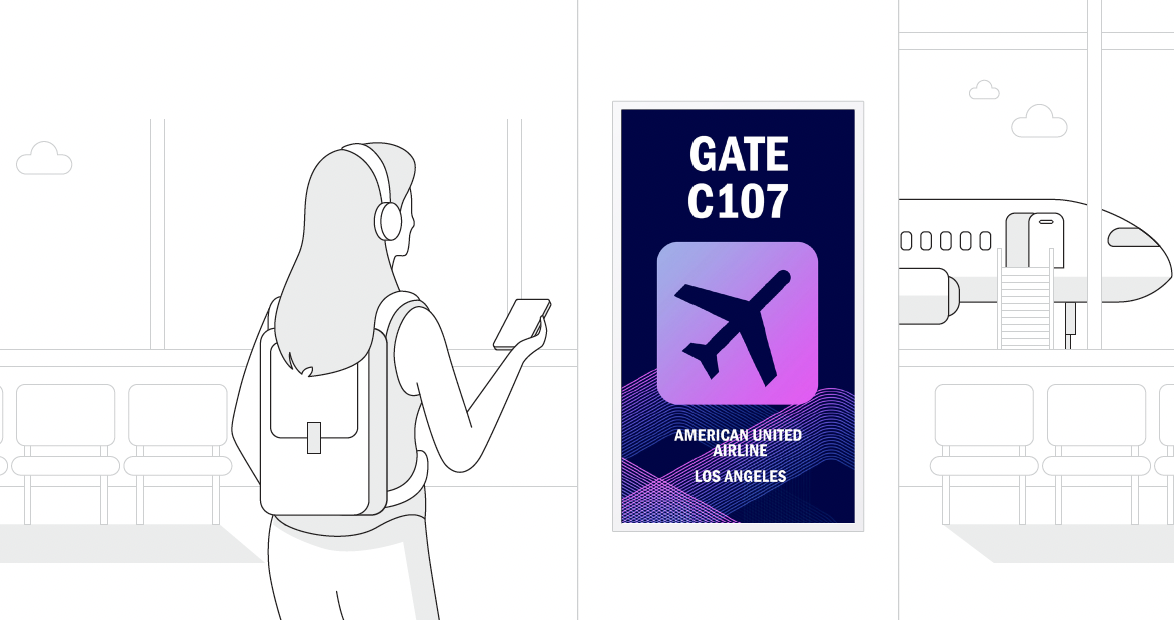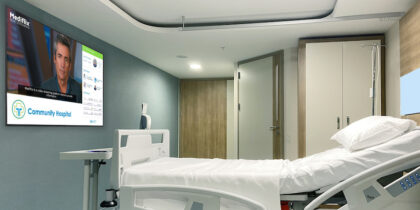We currently see highly varied uses of mobile solutions in healthcare, from clinical applications to managed health, and perhaps even more diversity in the users themselves and how they engage with mobile healthcare. Too often, these users are treated as monoliths that either do or do not use mobile health solutions. But in order to see true gains in mobile adoption, more precise segmentation and understanding of these users is essential.
Why User Types Matter
Any healthcare leader, facility, startup or physician that is invested in mobile health initiatives should take the time to understand the behaviors and motivations of their users. Many initiatives, from online portals to electronic health records, depend on patient participation and satisfaction. Designing and implementing these solutions with an understanding of how and why your patients engage with technology will help you achieve the results and return on investment you desire. As much as the healthcare industry understands and applies the concept of patient mix, it should be a small stretch to extend this concept to the realm of technology.
Additionally, mobile strategies that consider the differences among users will be more effective at gaining executive and leadership buy-in. According to mHealth Intelligence, the most common challenges in developing telehealth and mHealth platforms at facilities are physician buy-in, reimbursement and sustainability. Both physician buy-in and sustainability (and to a lesser extent reimbursement) can be positively impacted through programs that acknowledge the diversity of patients using mobile health technology.
Technology is changing the patient experience.
Read the eBook to learn how hospitals are using digital tech to boost patient satisfaction. Download Now
The Users
Recently, the Ketchum mHealth Monitor released its take on the five kinds of mHealth users and how each engages with mobile health solutions. According to Ketchum, the different types of users are:
- Discerning Digitals: These users will be your leaders in mobile adoption of healthcare technology. They love being connected to their devices, but a lot of them (82 percent) sometimes feel as if they’re too available. The good news is that 91 percent actively manage their health and are comfortable with cutting-edge developments such as artificial intelligence. Most are already on board with mHealth, and it likely won’t take much effort to engage them with your solutions — 72 percent have fitness and workout apps, and only slightly fewer (65 percent) have health or medical apps on their devices.
- Swayable Seekers: Although this group needs a little help, they show promise of becoming strong mobile health users. They are the moderates who largely want to go beyond just using their phones for making calls and expand their mobile skills into new territory (93 percent). They feel confident about managing their health, and 62 percent already obtain medical information online, signaling a desire to digitally engage with providers. Even more of them (68 percent) recognize they have a lot to learn about mobile health solutions.
- Health Tech Hesitators: This group presents some challenges but also shows promise. They tend to be dissatisfied with their physical well-being and don’t actively manage their health. They’re not comfortable sharing information online, but they could likely be swayed by physician recommendations and education around data security, since more than half don’t prefer in-person doctor visits. They have a generally flexible persona, with 44 percent agreeing that they have a lot to learn.
- App-athetic Agnostics: These users might throw you off a bit, since they love mobile tech — 93 percent indicated they carry their smartphones everywhere — and actively manage their health (65 percent of respondents). But at the same time, 89 percent said they aren’t likely to try mHealth within the next year. Additionally, only 19 percent have fitness or workout apps, and a paltry 17 percent have health or medical apps on their devices.
- Low-Tech Lifers: When it comes to tech, these users are old-school. They get their news from TV and are not heavy social media users. But they do trust their doctors — 40 percent rely on their physicians for medical information, indicating that they might be persuaded to engage with their healthcare in new ways, even if it’s not likely. Don’t give up on them though — a full 47 percent indicated that they’re looking for healthier ways to live. If you do engage these users with tech solutions, keep things simple — only 9 percent said they were comfortable with an advanced solution like artificial intelligence.
As these numbers illustrate, the majority of your patients are already engaged with mobile solutions and, if properly approached, are happy to use mobile to improve their healthcare outcomes. As you build out your managed health and mHealth initiatives, consider using the above profiles of patient behavior to reveal new methods of communication, implementation and measurement.
Learn how mobile health solutions, when combined with medical education, can significantly increase medication adherence in patients with chronic diseases.








